Writing as a collective slowly become arduous, though, and almost impossible because we had developed different interests and styles. Richard had taken on the role of head writer for the group, so it felt like I had to branch out if I was going to develop my own voice. The thought of doing anything outside of Culture Clash was frightening—traitorous, even—but I knew I had to do it. I began writing what I knew and loved, which wasn’t necessary the same interests the group had. My first play was a tribute to legendary Mexican comic hero Mario “Cantinflas” Moreno. The play was a tremendous success for me as a writer and performer, and it had its world premiere at the Alley Theatre in Houston in both English and Spanish. Years later, I gave tribute to another twentieth-century hero with A Weekend with Pablo Picasso, a solo show that combined all my disciplines: playwriting, acting, and painting live on stage.
I didn’t grow up seeing or reading Shakespeare and never had the desire to since we wrote and performed our own stories about us, about the present. Yes, I understand Shakespeare is poetic, universal, and a staple in theatre history. It’s just not my cup of English tea. Yet while I was watching a production of Henry IV Part 1—I thought, “This is pretty cool stuff about family, loyalty, and honor. What if I place this exact story in the barrio where these same codes of conduct are still practiced to this day?” So I followed this impulse, writing El Henry, a dark, futuristic version of the Bard’s play. El Henry was an ambitious outdoor site-specific spectacle, and its success motivated me to go back and read the basic fundamentals of Eurocentric and American theatre history—Shakespeare, Molière, O’Neill, Williams—which I had skipped during my time creating original work with Culture Clash. I began to understand the forms and structures used by the masters and started to implement them in my own work.
We collectively felt it was time to kill the payaso in us and get serious and darker. Our comedy had become sophisticated social-political satire, but now we wanted a little R-E-S-P-E-C-T and nothing gets you respect faster than tackling the classics.
Later that year, I was asked by the San Diego Jewish Arts Festival to look into the life and times of sixties bad-boy Abbie Hoffman, part of the Chicago Seven, a group of radicals who were tried for inciting violence at the 1968 Chicago Democratic Convention. Initially I wasn’t crazy about this madman’s reputation, but the more I read his writings, the more I believed he was insightful and naturally satirical. Hoffman warned us about the power of big banks, the influence of Wall Street over Washington, the industrial military complex, eroding civil liberties, unjust drug laws, and the growing disparity between the rich and the poor. Does this sound familiar?
I wrote Steal Heaven in direct response to the unsuccessful Occupy Movement and how the two-party system was failing us as Americans. I positioned Hoffman in heaven as a kind of St. Peter of the Left. So when American radicals die, they go to Abbie who interviews them to see if they are worthy of additional training in order to go back to Earth to wreak some more “lefty havoc.” This play had politics, comedy, and heart—elements that were typical of Culture Clash, but the writing had my own personal touch. I started seeing my authentic voice as a writer emerge.
By 2015, my solo writing career was taking off and my plays had a solid style: a combination of out-of-the-box humor à la Culture Clash with the conventional storytelling structure of Western theatre. I went on to adapt two Molière classics, Manifest Destinitis (based on The Imaginary Invalid) and Bad Hombres/Good Wives (based on The School for Wives)—two dusty French farces—into contemporary statements about our collective American history and the current times, which new audiences could enjoy and relate to. In 2016, I was awarded an Andrew W. Mellon Foundation playwright-in-residence grant through the National Playwright Residency Program, which gave me major validation as a playwright.
Now that I work and live in San Diego, and Richard Montoya continues writing for the theatre and cinema, Culture Clash gets together less often. You might say we are “sun setting” and that feels okay. We only get together if a project mutually sparks all three of us artistically and challenges us as artists, and we decide ahead of time who will do the “heavy lifting” in writing. The days of writing collectively are gone but those valuable experiences still resonate in my collaborative process with actors and directors. My journey as a writer has been unconventional and unique, but I believe it has forged a style and a voice that is uninhabited, intrinsic, and, some might say, important.

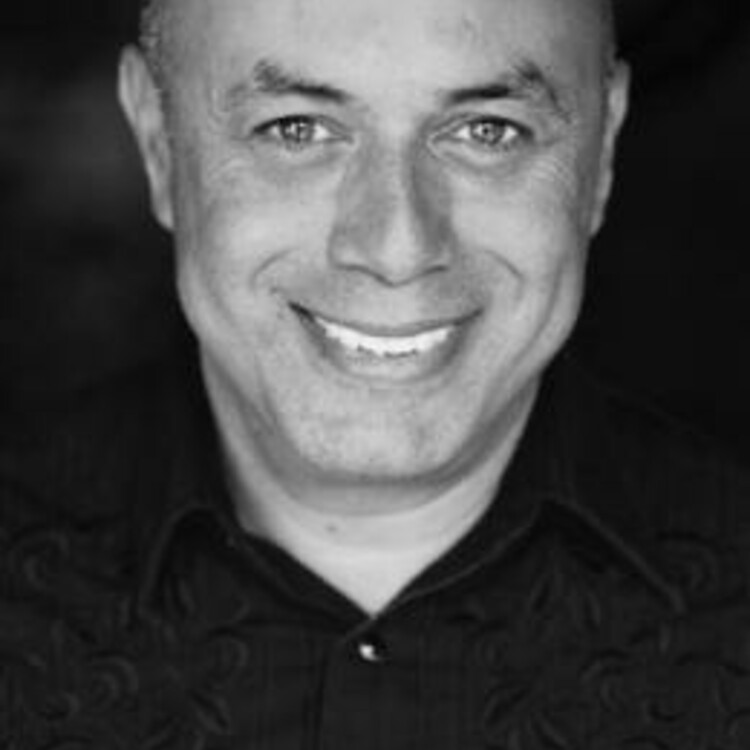
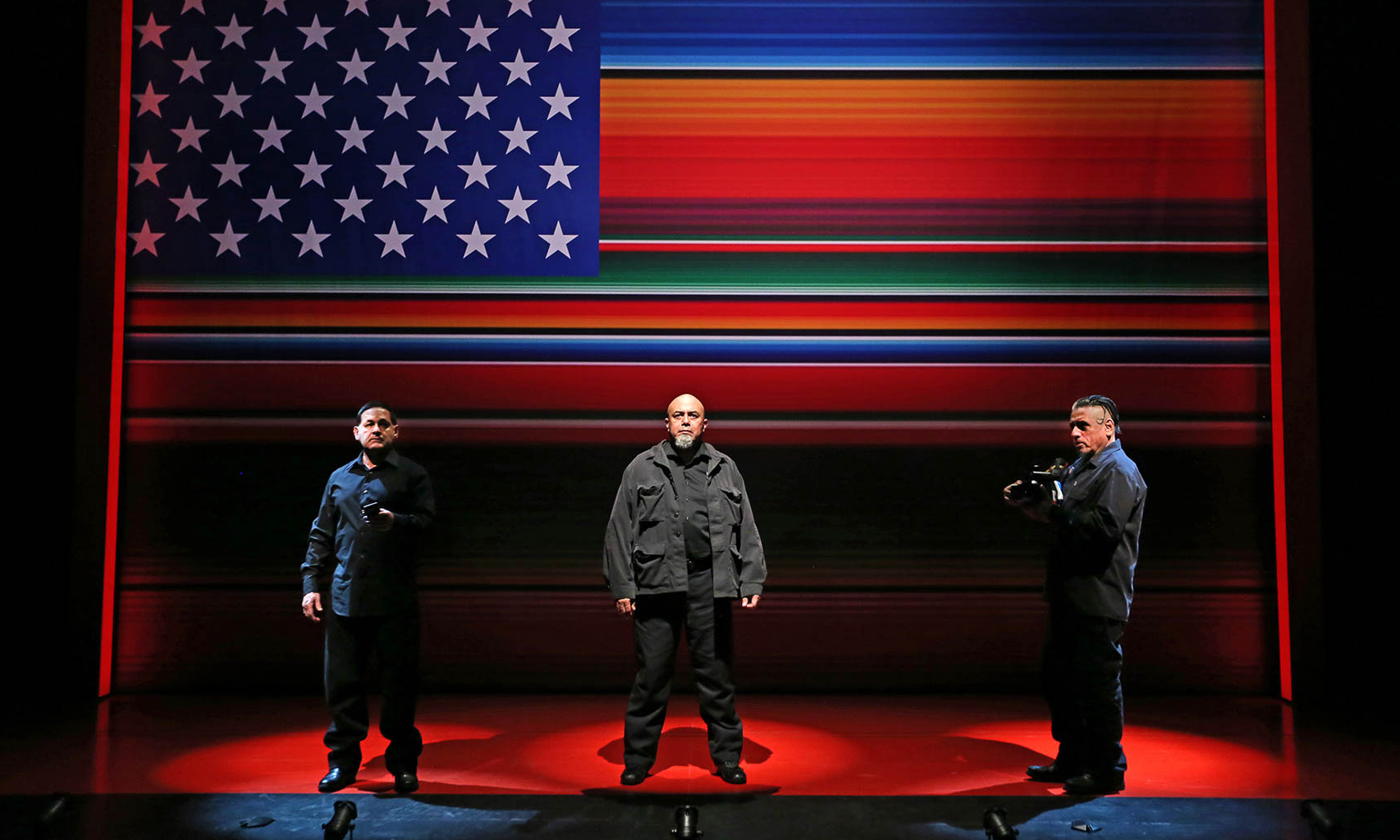
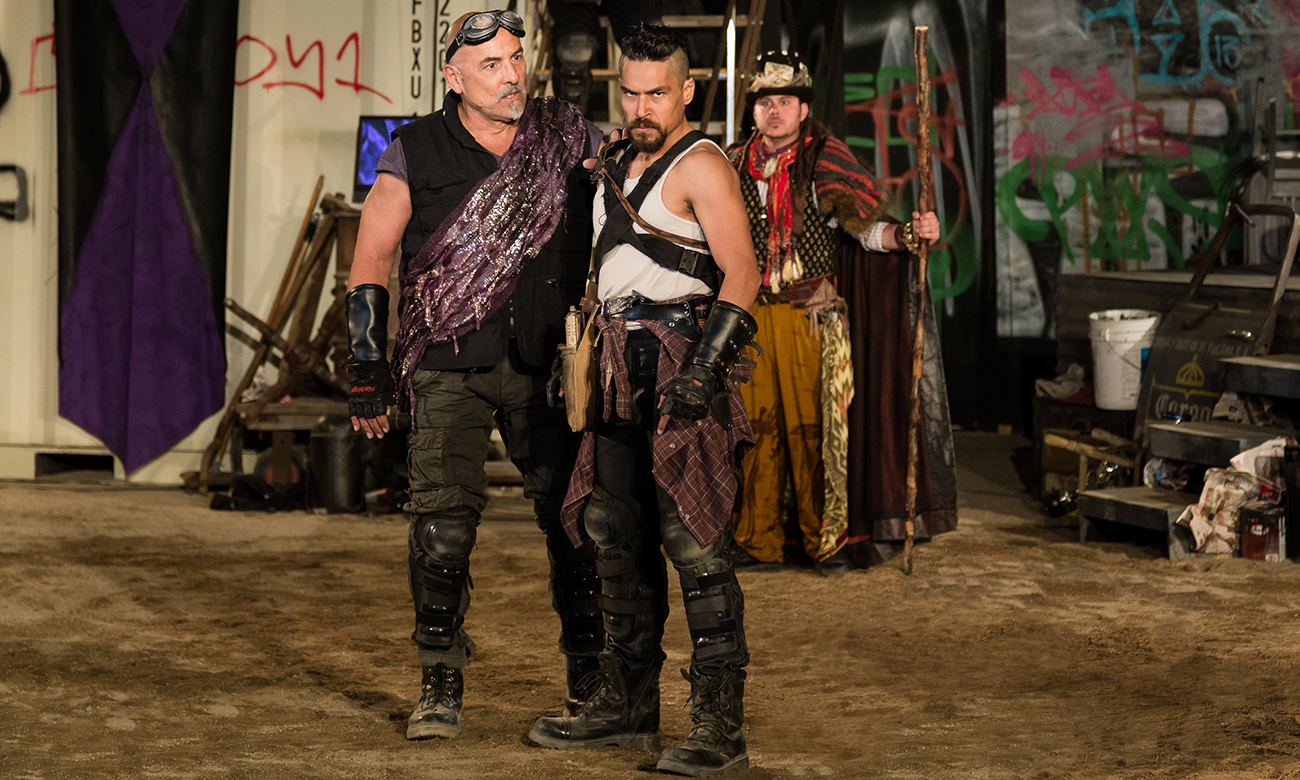
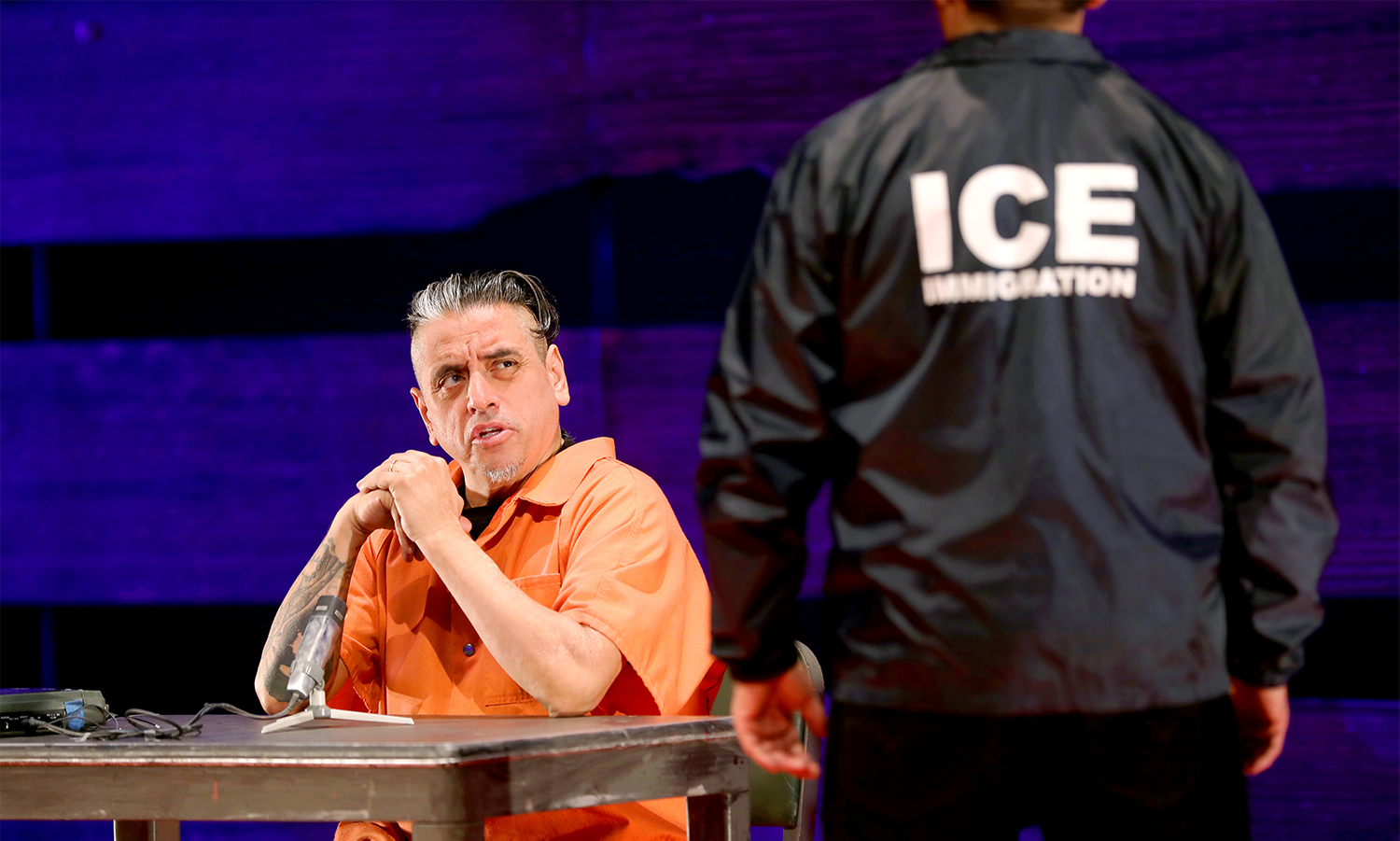
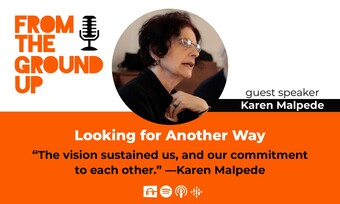


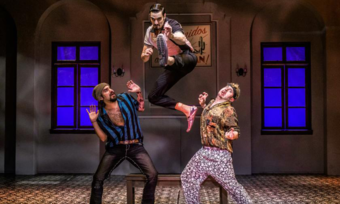


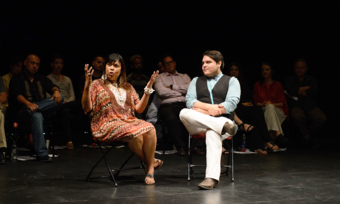


Comments
The article is just the start of the conversation—we want to know what you think about this subject, too! HowlRound is a space for knowledge-sharing, and we welcome spirited, thoughtful, and on-topic dialogue. Find our full comments policy here
Herbert! Thank you for sharing these words. The work you have done individually and as a member of Culture Clash has definitely shaped American Teatro. Just as you were inspired by Luis Valdez's work, your work inspired me to start a Latinx performance troupe and to tell my own stories. Thank you for paving the way and holding the door open. I will always be grateful. Gracias por todo.